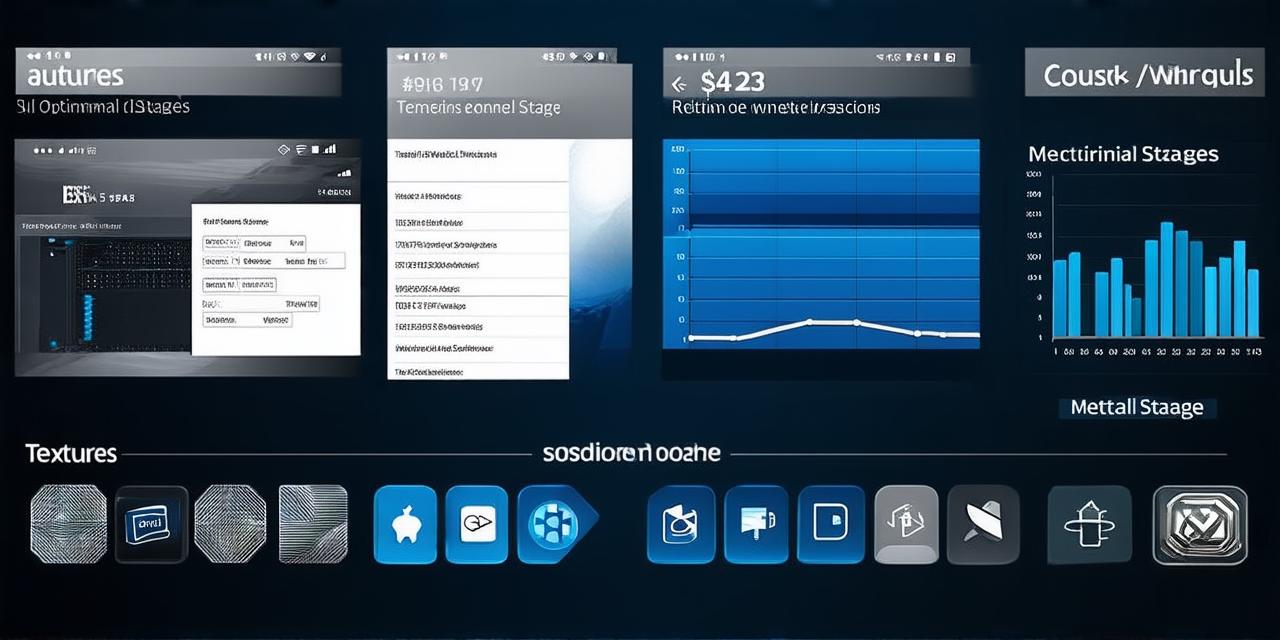When it comes to developing mobile applications, there are a variety of options available. Each option has its own set of advantages and disadvantages, making it important to choose the optimal solution for your needs.

1. Native Development:
Native development involves building applications that are specific to a particular platform or device, such as iOS or Android. This approach offers the highest level of performance, as the application is written in the language of the platform and can take full advantage of the device’s hardware and features. However, this approach also requires separate codebases for each platform, which can be time-consuming and costly to maintain.
2. Cross-platform Development:
Cross-platform development involves building applications that can run on multiple platforms, such as iOS, Android, and web. This approach offers the convenience of a single codebase, making it easier and faster to develop and maintain the application. However, cross-platform development may not provide the same level of performance as native development, as the application must be adapted to fit the different screen sizes and features of each platform.
3. Hybrid Development:
Hybrid development combines elements of both native and cross-platform development. This approach involves building an application using a web technology stack, such as HTML, CSS, and JavaScript, and then integrating it with native code to take advantage of the device’s hardware and features. This approach offers the convenience of a single codebase, while still providing high performance on specific devices or platforms.
4. Low-code Development:
Low-code development involves using a visual platform to build applications without the need for extensive coding knowledge. This approach offers the convenience of rapid prototyping and development, as well as easy maintenance and updates. However, low-code development may not provide the same level of customization and control as native or hybrid development.
Ultimately, the optimal choice for developing mobile applications will depend on your specific needs and goals. If performance is a top priority, native development may be the best option. If convenience and speed are more important, cross-platform or hybrid development may be a better fit. And if you want to quickly build a basic application without extensive coding knowledge, low-code development may be the way to go.
In conclusion, mobile application development offers a variety of options, each with its own set of advantages and disadvantages. By considering your specific needs and goals, you can choose the optimal solution for your project and ensure that your mobile application is successful in reaching and engaging your target audience.



